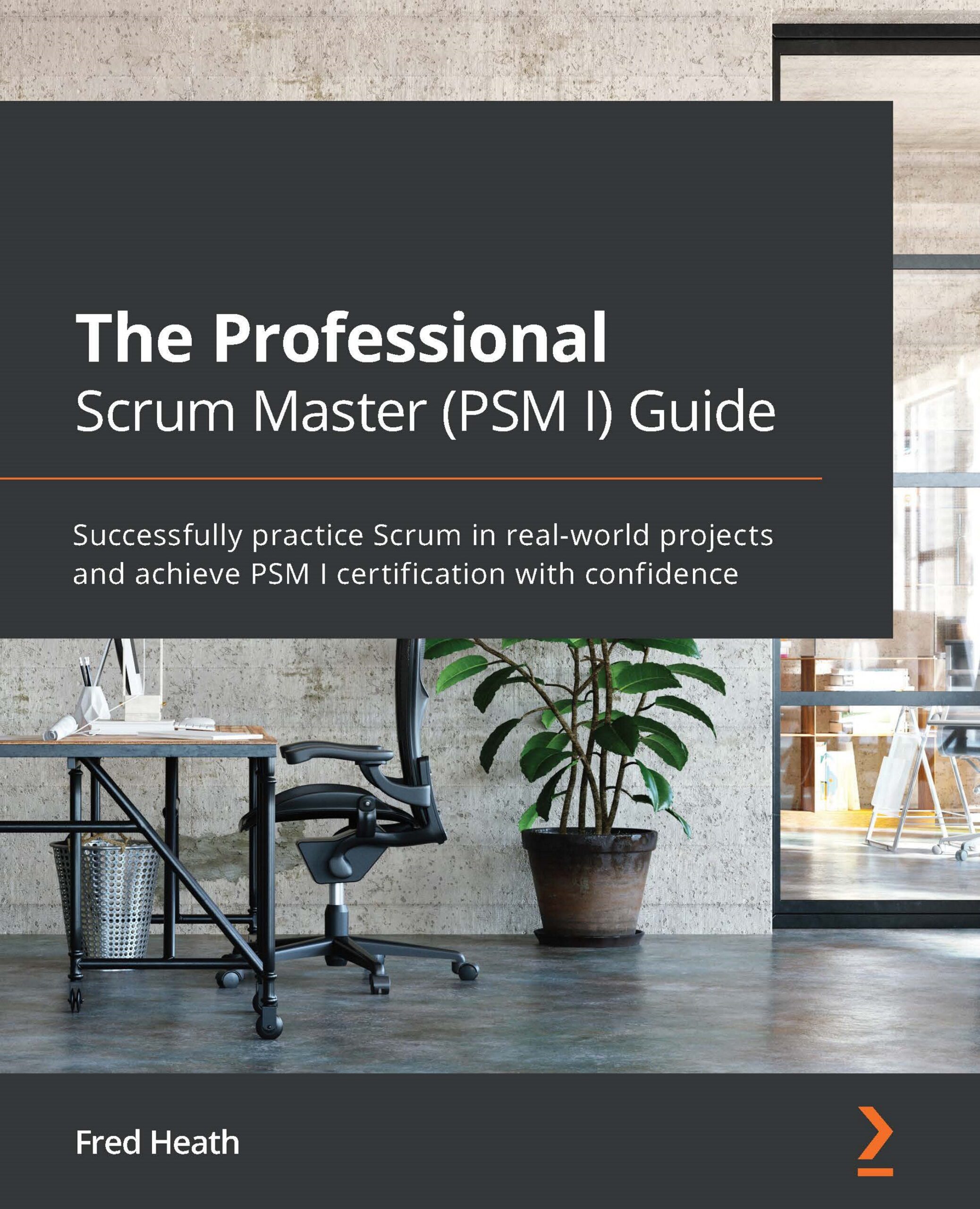Fred Heath is the author of The Professional Scrum Master (PSM I) Guide, we got the chance to sit down with him and find out more about his experience of writing with Packt.
Q: What are your specialist tech area(s)?
Fred: Programming with Ruby, OO design, relational databases, Scrum, and Agile methods.
Q: How did you become an author for Packt? Tell us about your journey. What was your motivation for writing this book?
Fred: I had already published a book with Packt, so it felt like the right choice for my second book too. I wanted to write about Scrum for two reasons, firstly because there are a lot of misunderstandings about it, and secondly because I wanted to present a more practical view of it, beyond mere theory.
Q: What kind of research did you do, and how long did you spend researching before beginning the book?
Fred: I used my 10-year experience and knowledge of Scrum, but I had to update it to reflect the changes made in the latest Scrum Guide (2020). I also verified what I was writing against the Scrum Guide, where applicable.
Q: Did you face any challenges during the writing process? How did you overcome them?
Fred: With this book, the greatest challenge was how to scope the content. I wanted a short, readable, pragmatic book, easy for beginners and with useful advice for passing the PSM I exam. So the biggest challenge was deciding what to leave out of the book, as I didn’t want to distract from the book’s goals.
Q: What’s your take on the technologies discussed in the book? Where do you see these technologies heading in the future?
Fred: Scrum is already the most established way for managing software products in Agile teams. I see a trend emerging for organizations to use a more hybrid-based approach, such as Scrumban, etc. I think this will continue and increase as companies will be coming up with tailor-made approaches to software development.
Q: Why should readers choose this book over others already on the market? How would you differentiate your book from its competition?
Fred: This book is targeted to readers new to Scrum, or with little experience in it. As such, it aims to offer pragmatic advice on situations that arise in real life, such as responding to technical debt, how to deal with unfinished Scrums, realistic estimation, etc. Many similar books, tend to focus on the theory and ignore the realities of being a ScrumMaster.
Q. What are the key takeaways you want readers to come away from the book with?
Fred: First, never forget that Scrum is a framework, not a process. It sets context, rules, and directions but doesn’t give us a step-by-step process to follow. Do not confuse standard industry practices, such as user stories and planning poker to be mandated by Scrum, they are not. Second, do not ignore the Scrum values and principles. They really are essential to successfully applying Scrum.
Q. What advice would you give to readers learning tech? Do you have any top tips?
Fred: I always say that to be successful in tech you must think of the people using it too. So, learn how to understand what people need (instead of what they want), their workflows and pain points, and get continuous feedback from your users.
Q. Do you have a blog that readers can follow?
Fred: Many of my articles are on https://dev.to/redfred7.
Q. Can you share any blogs, websites and forums to help readers gain a holistic view of the tech they are learning?
Fred: I’ve found https://age-of-product.com/ to be a particularly useful website/forum, but I would also recommend books by Mike Cohn and JJ Sutherland, as outlined in my books’ reading references.
Q. How would you describe your author journey with Packt? Would you recommend Packt to aspiring authors?
Fred: I found everyone in Packt to be very friendly, well-informed, and take my input and feedback on board. As such, it is an ideal setting for aspiring authors who want to present their ideas in a supportive environment.
Q. What are your favorite tech journals? How do you keep yourself up to date on tech?
Fred: Too many to mention here but I do read a lot of books. I subscribe to many online publishers (Packt included of course). I can’t resist an interesting book!
Q. How did you organize, plan, and prioritize your work and write the book?
Fred: I started top-down, first by breaking the book into two parts, one with the Scrum theory and another with real-life tips and advice, and then continued breaking it down from there.
Q. What is the one writing tip that you found most crucial and would like to share with aspiring authors?
Fred: Set aside time for writing every day, even if you don’t feel like it.
You can find Fred’s book on Amazon by following this link click.









